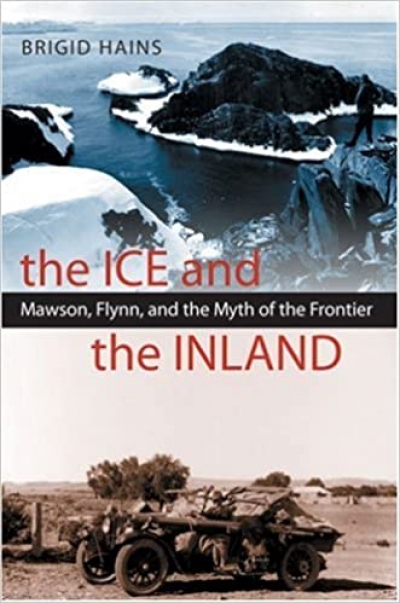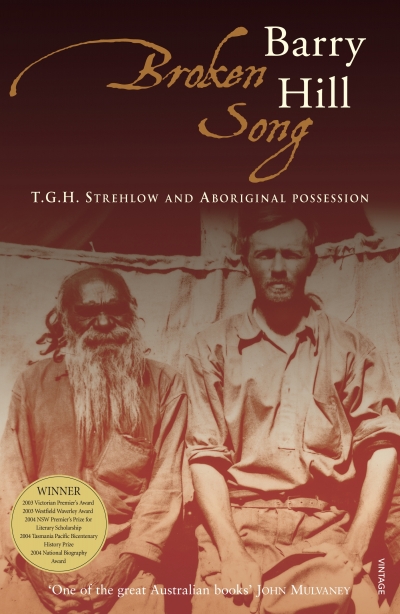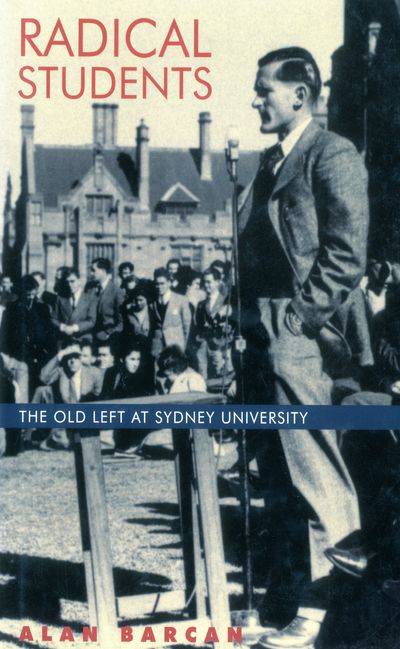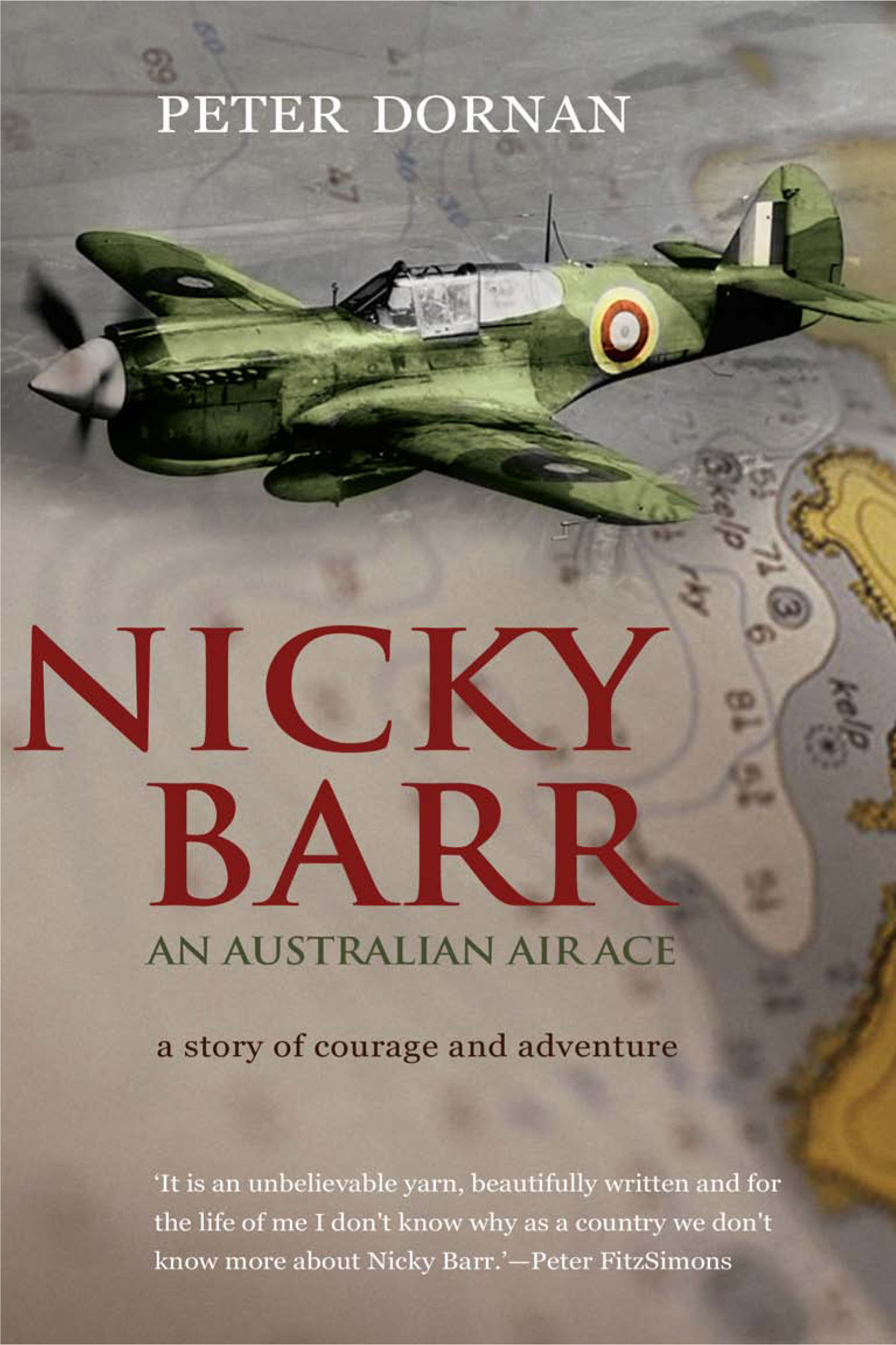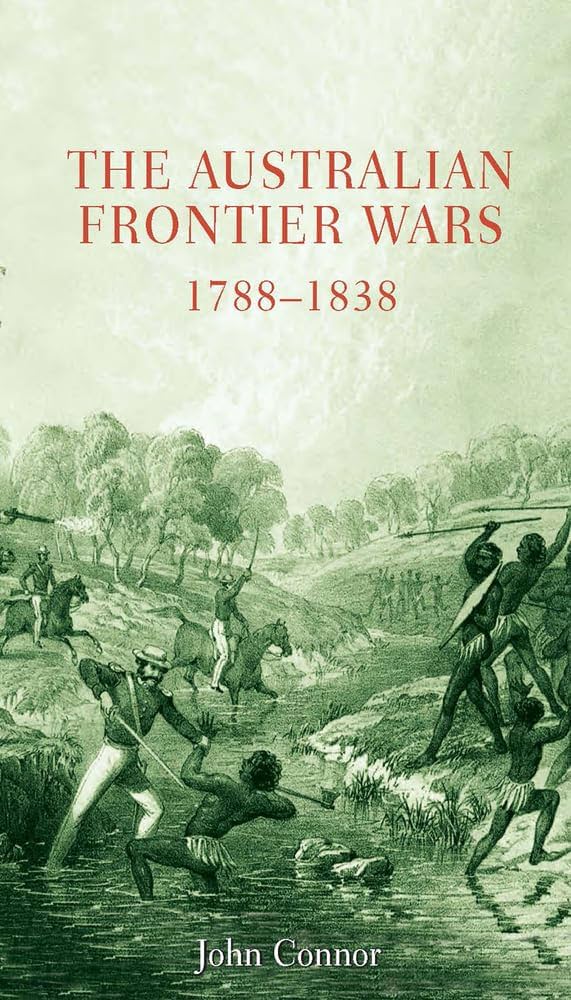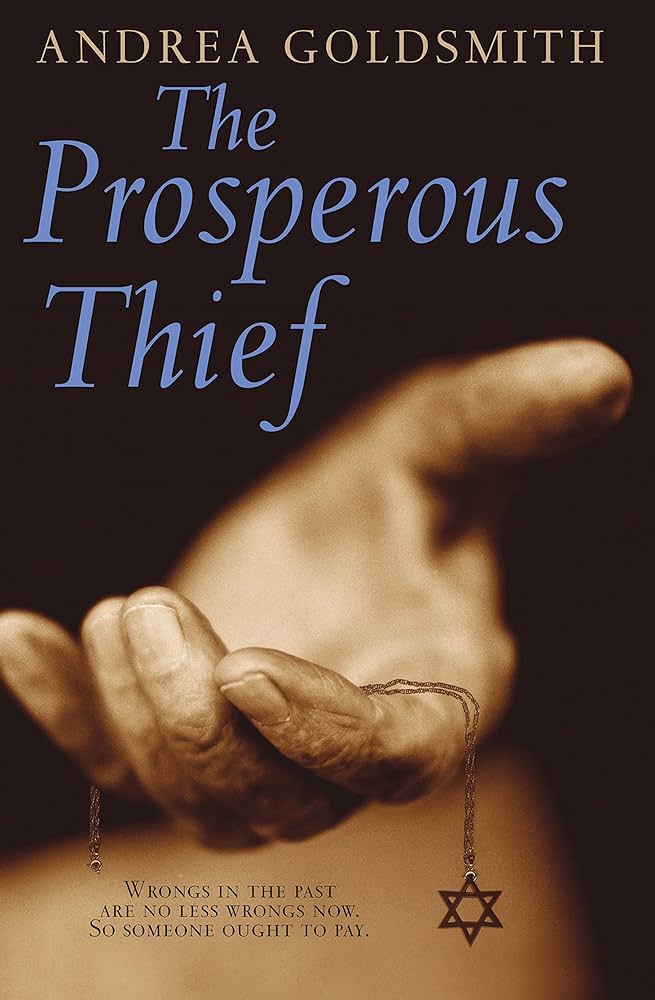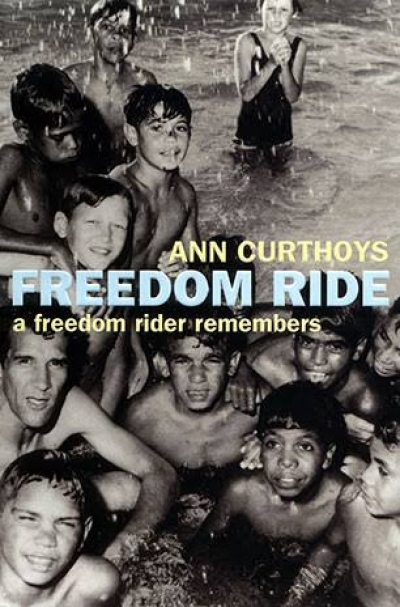History
The Ice and the Inland by Brigid Hains & Australia’s Flying Doctors by Roger McDonald and Richard Woldendorp
Australia’s frontier legend is alive and well, as is John Flynn’s contribution to it in these two new books. In Australia’s Flying Doctors, Richard Woldendorp’s glorious photographs celebrate a medical service that reaches about eighty per cent of the vast Australian landmass. They are complemented by Roger McDonald’s economical personal vignettes of outback spirit.
... (read more)Bob Ellis is the quintessential Labour groupie, and Goodbye Babylon the latest instalment in the saga of his love affair with the ALP, which began with The Things We Did Last Summer, a slim and evocative volume, published twenty years ago. By contrast, Goodbye Babylon is a fat book; rather like Ellis himself, it is sprawling, dishevelled, undisciplined but likeable, witty, and gregarious. His prose, though prone to excess, can be rich and compelling.
... (read more)Australia’s Democracy by John Hirst & The Citizens’ Bargain edited by James Walter and Margaret Macleod
John Hirst faced a challenging task when he set out to write Australia’s Democracy: A short history. In a single monograph, he has traced the story of political rights and practices of citizenship, assessed within a context of social change. Not only does such writing place considerable demands on a historian’s range, but any prominent historian who attempts a short history attracts the sharp attention of all stakeholders. In Hirst’s case, his position as chair of the Commonwealth Government’s Civics Education Group has contributed further to his high profile in recent discussion on the need for citizenship training. Australia’s Democracy was funded by the Department of Education, Science and Training, and made available to schools for the ‘Discovering Democracy’ programme. Few historians write while carrying so much responsibility towards their prospective readership.
... (read more)Broken Song: T.G.H. Strehlow and Aboriginal possession by Barry Hill
It seems to be only a couple of years ago that my students declared gender and race to be the ‘hot’ topics in culture. Now, I confidently predict, they will relegate gender (still acknowledging its importance) and reformulate the second term by adding a third: race and its intersection with religion, in its broadest definition.
... (read more)Radical Students by Alan Barcan & The Diary of a Vice-Chancellor by Raymond Priestly (ed. Ronald Ridley)
Many thousands of undergraduates have walked under the stilts of the Raymond Priestley Building, which forms part of Melbourne University’s great wind tunnel, with no thought of the person commemorated by its name. He was, in fact, a remarkable man. His four years as Vice-Chancellor (1935–38) emerge in extraordinary detail and intimacy, thanks to this edition of his journals.
... (read more)Nicky Barr, an Australian Air Ace by Peter Dornan & Catalina Dreaming by Andrew McMillan
These are two quite different books about two quite different aspects of Australia’s involvement in the air war of 1939–45. Andrew McMillan, in Catalina Dreaming, describes in an effective, episodic manner what the war was like for the aircrew and ground staff of the RAAF who flew, serviced and maintained the Catalina flying boats. These aircraft were operated from Northern Australian bases over long expanses of water against distant Japanese targets. McMillan presents a colourful account of what it was like being involved in the war fought from areas such as Little Lagoon, the Qantas Base on Groote Eylandt opened in 1938, or Melville Bay in the Gulf of Carpentaria.
... (read more)In the aftermath of the ideological jousts between Henry Reynolds and Keith Windschuttle about the level of violence on the colonial frontier, a new book has appeared that tackles the issue from a fresh perspective. The author, John Connor, is a military historian. In this meticulously researched and highly readable book, he uses the methods of military history to examine the weapons, tactics and conduct of warfare on the Australian frontier during the first fifty years of British colonisation. Connor emerges from the fray with exciting new findings.
... (read more)‘History always emphasises terminal events,’ Albert Speer observed bitterly to his American interrogators just after the end of the war, according to Antony Beevor in Berlin: The Downfall 1945 (2002). Few events in recent history were more terminal than the Holocaust, it might be urged. Yet the singularity of that ‘terminus’ has been questioned in recent years. Is it, however, perilous for someone not a Jew to talk about it? Nell, the goyische lover of Jewish Laura Lewin, puts her foot right in it in Melbourne at the end of the century dominated by the Holocaust and its memories. ‘So the Holocaust is sacred Jewish ground? Complete with an electric fence around it for all eternity?’ Laura, in a not particularly deft similitude, reacts with a sharp response worthy of a ‘partly exposed landmine’. Nell can only put her unexploded foot further into it. ‘You Jews don’t do forgiveness, do you?’ Laura ‘was incredulous: Nell had clearly understood nothing. And would never understand.’ Is that sentiment intended to be generalised to all non-Jews?
... (read more)Ann Curthoys’s Freedom Ride is a meticulously researched piece of Australian history, and so much more. It could sit comfortably on the required reading lists of subjects ranging from History, to Government, to Media. This ‘road story’ of peripatetic direct democracy, from people too young to assert the right to vote for change, is also an inspirational text that makes you question your own passivity to the wrongs in our world.
... (read more)When Arthur Phillips conjured up the cultural cringe fifty-two years ago – he was Arthur then, only later becoming the more formal A.A. Phillips – he had little idea how that phrase would come to haunt us. When interviewed by Jim Davidson in 1977, Phillips was rather dismissive about his original 1950 Meanjin article, although he noted that it was ‘twice nearly strangled in infancy’, first by editor Clem Christesen who hadn’t liked it, and then by a member of the Commonwealth Literary Fund Board who urged him not to include it in his collection The Australian Tradition (1958). But he attributed the popularity of the phrase to its being ‘catchily alliterative – and alliteration is the most facile stylistic trick there is’.
... (read more)

